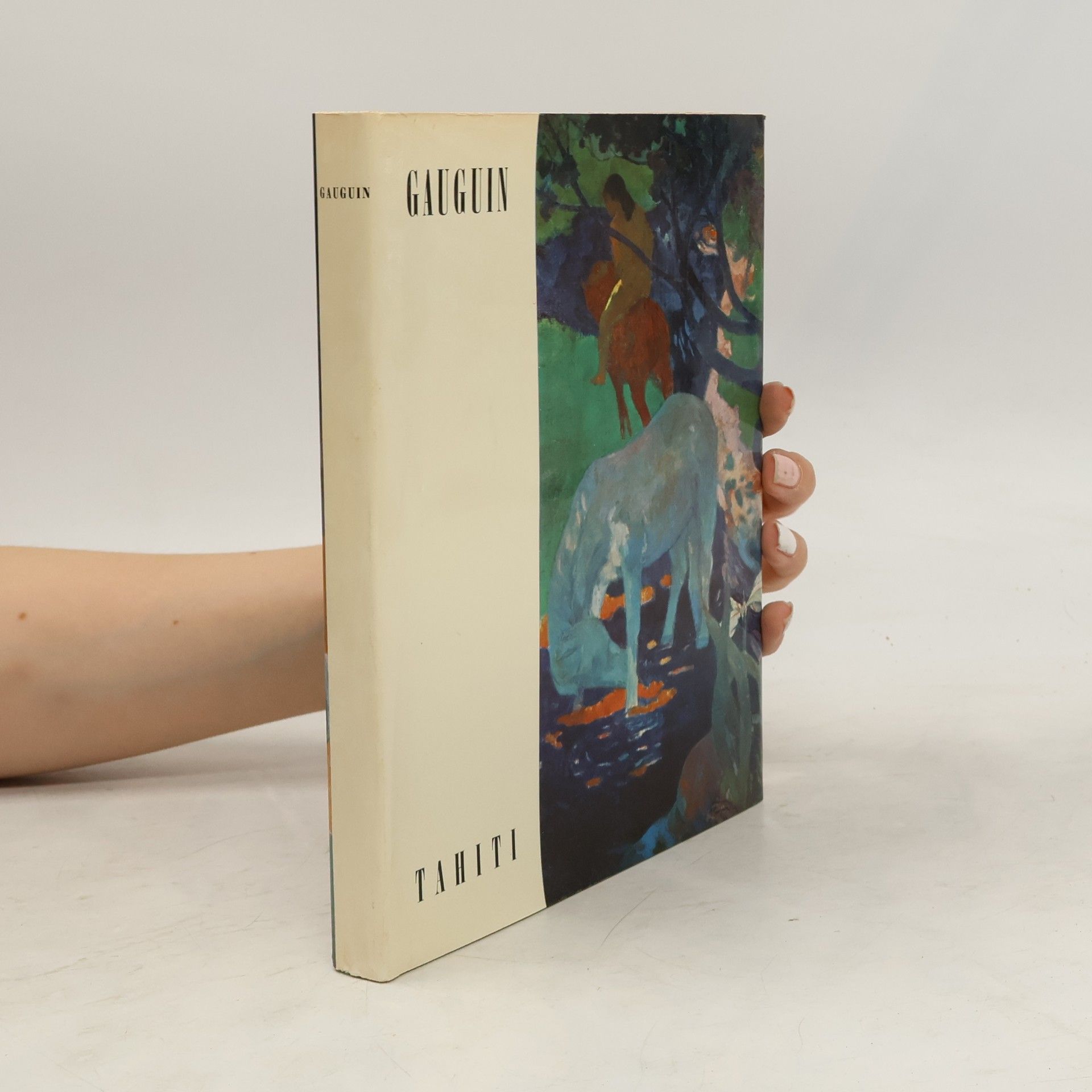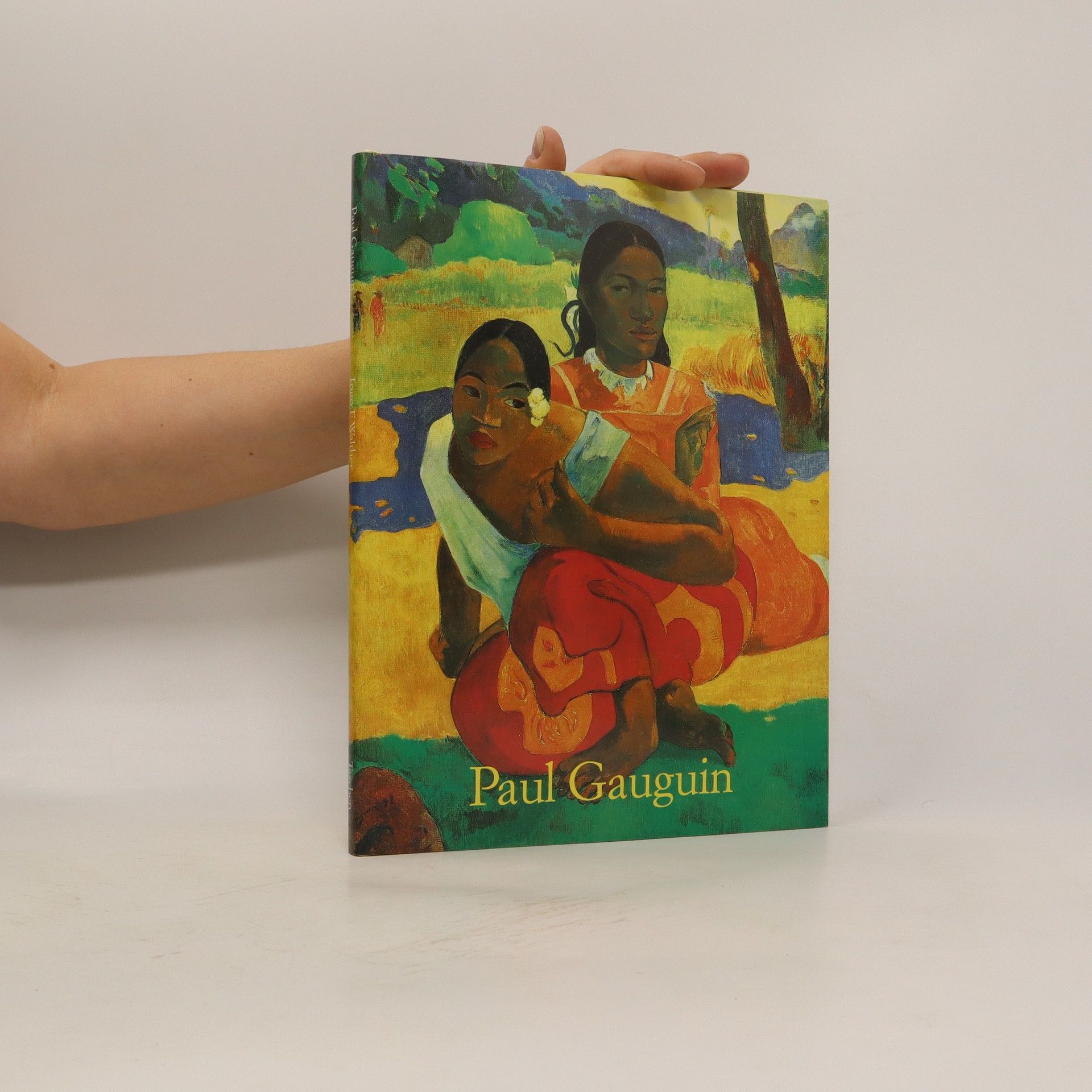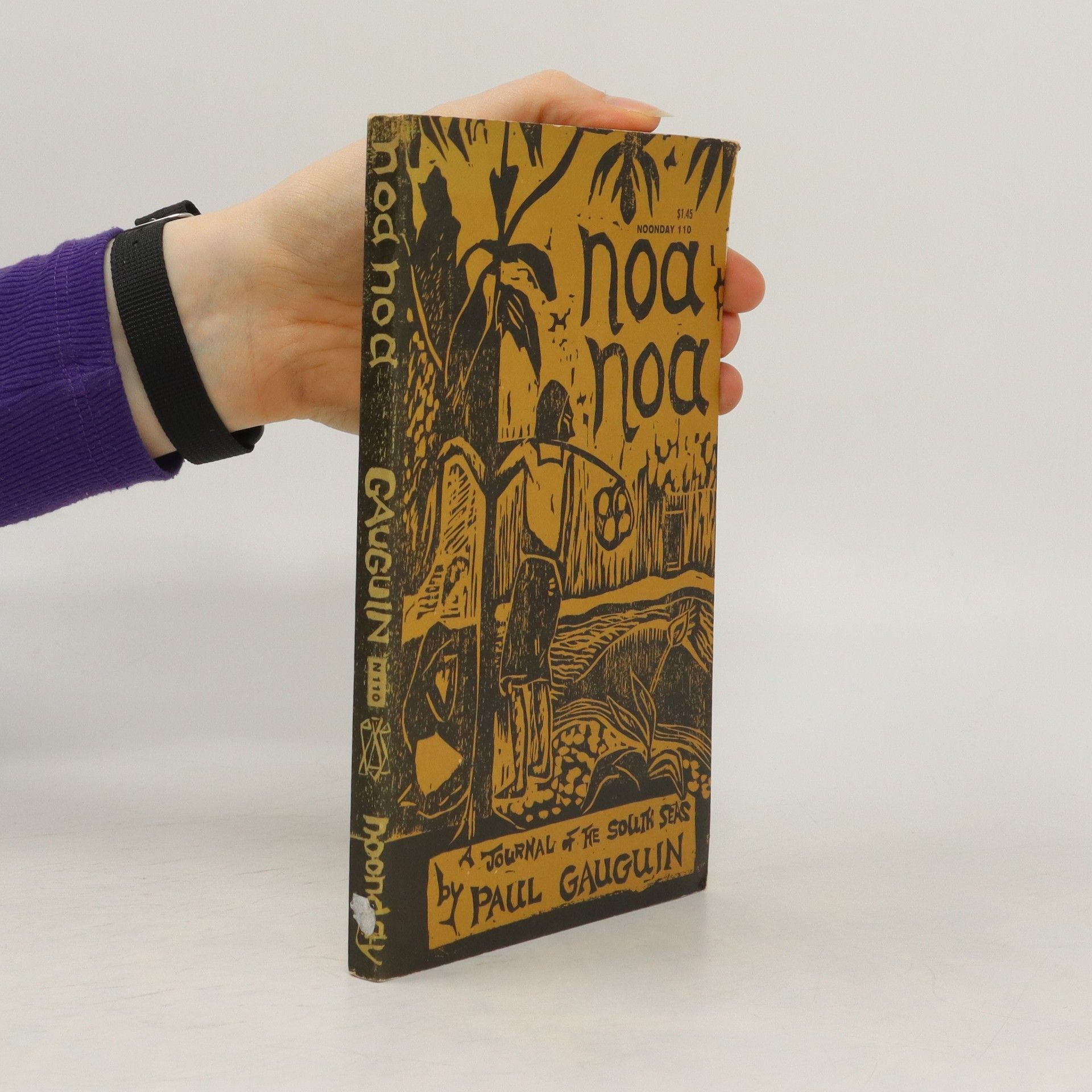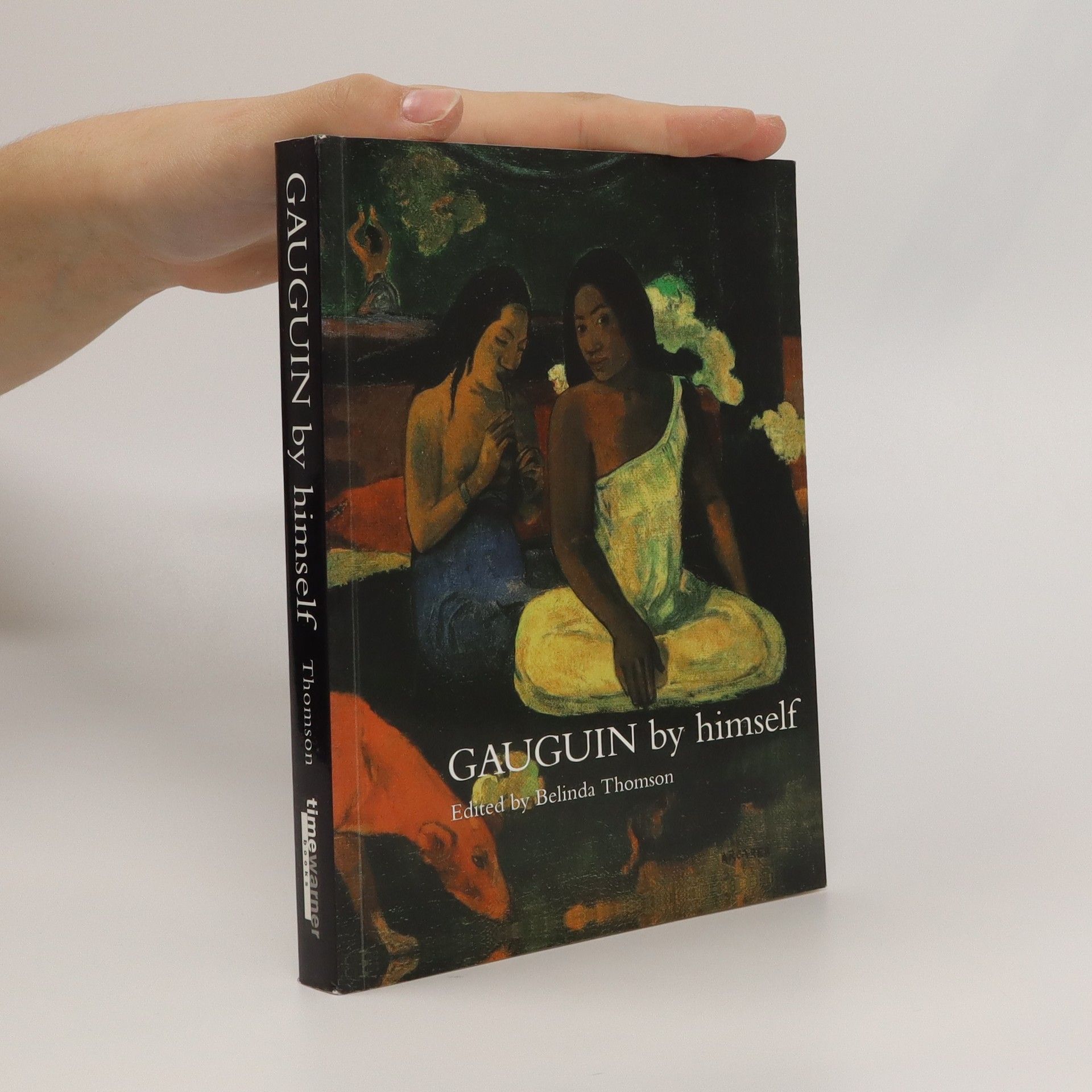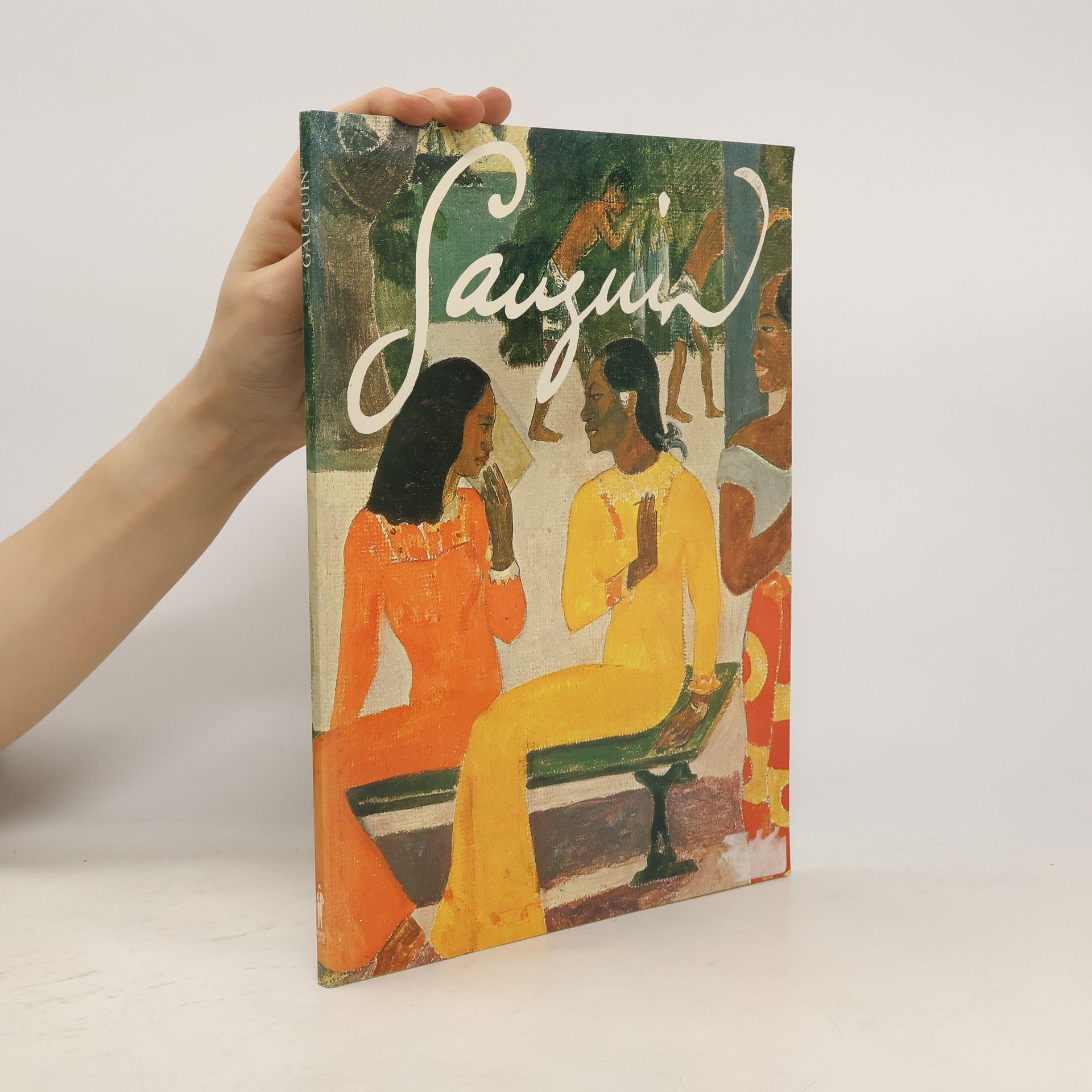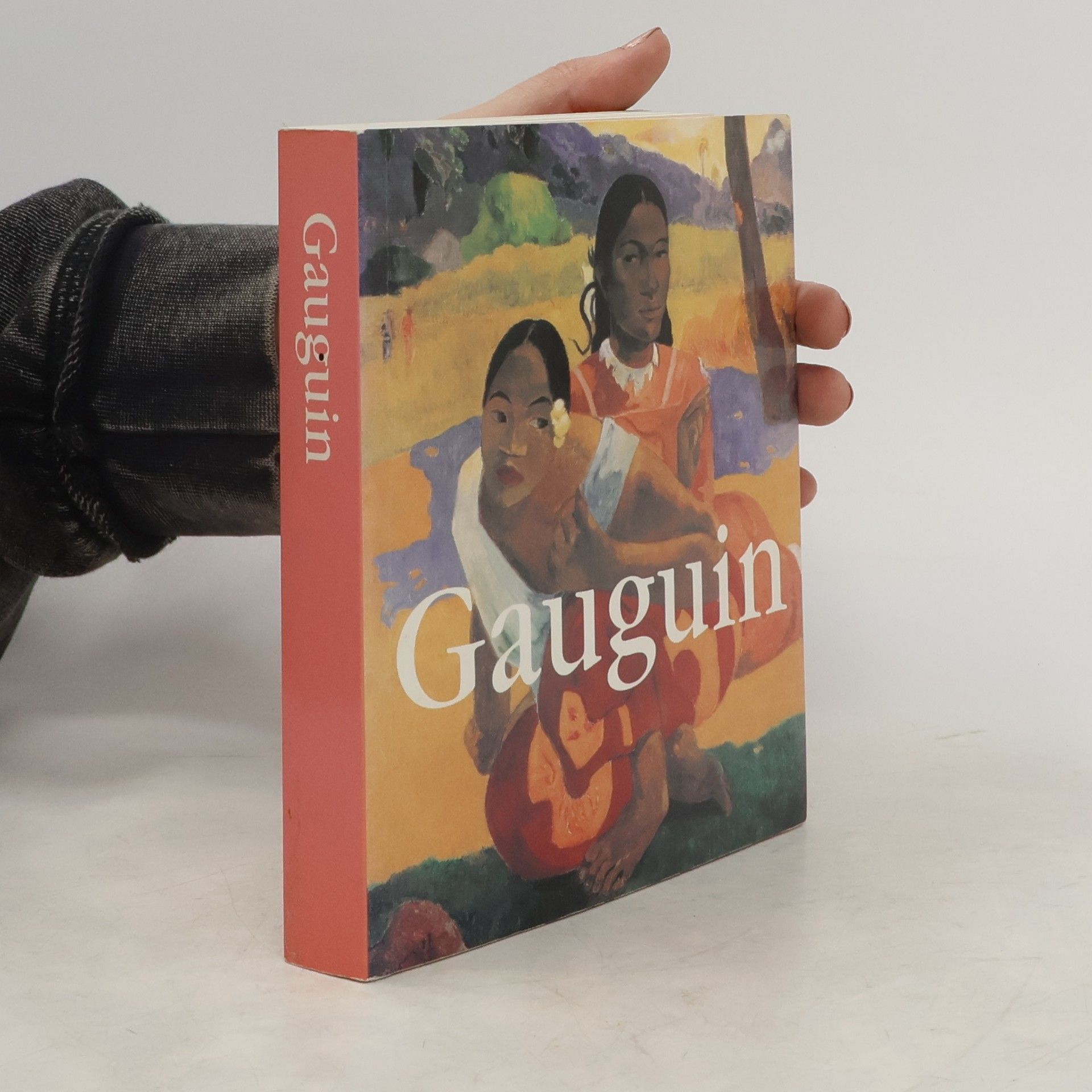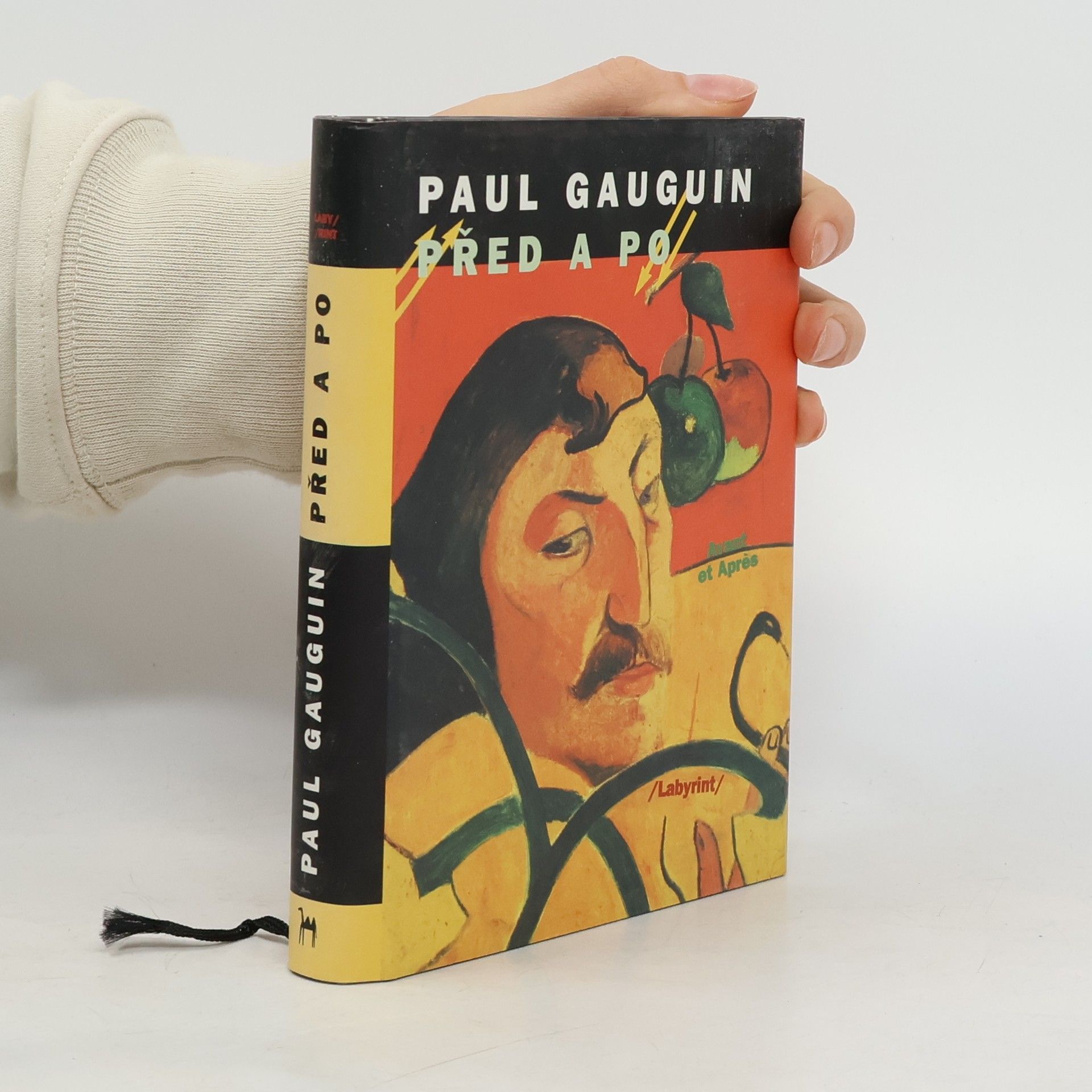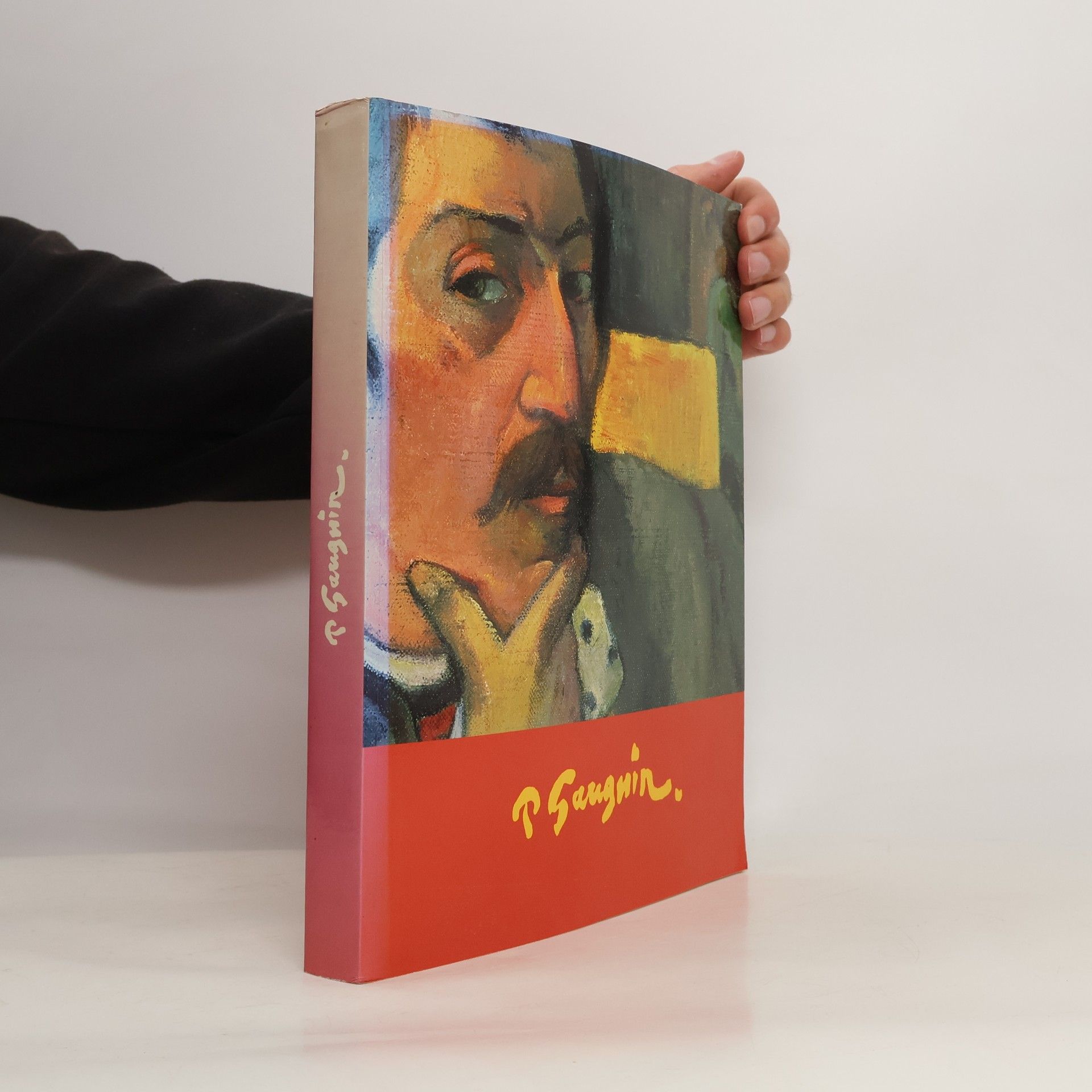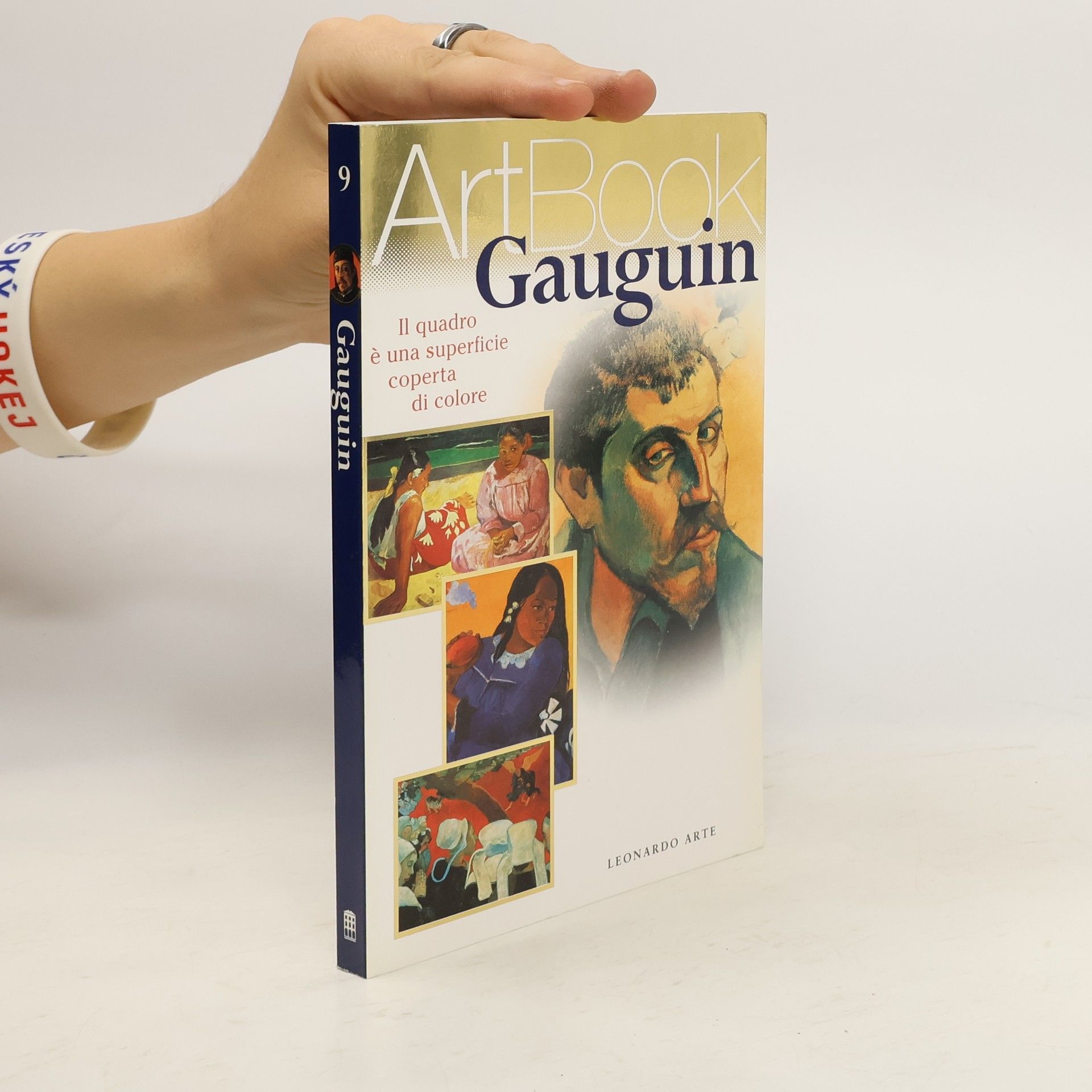Paul Gauguin's Intimate Journals
- 192 pages
- 7 hours of reading
Unappreciated during his lifetime, Paul Gauguin (1848-1903) is now celebrated as a key figure in French postimpressionism and an early modernism pioneer. A rebel in both art and life, he abandoned his bourgeois upbringing and stockbroker career to pursue painting. Disillusioned by the "hypocrisy of civilization," he left Paris for the South Seas, settling first in Tahiti and later in the Marquesas Islands, never to return to Europe. In his final months, he penned a witty and revealing autobiographical memoir, requesting its publication after his death. This work first appeared in French in 1918 and was translated into English three years later. As noted by his son Émile in the preface, the journals offer an illuminating self-portrait of Gauguin, highlighting his goodness, humor, insurgent spirit, and disdain for hypocrisy. These candid reflections encompass his views on fellow artists in Paris, his tumultuous relationship with Van Gogh, and the allure of Polynesian women, while also shedding light on his challenging life in the islands. This facsimile reproduces the first American translation from a rare 1921 limited edition, featuring full-page sketches by Gauguin, providing unique insights into both the man and the artist. Translated from French by Van Wyck Brooks (1886-1963).

